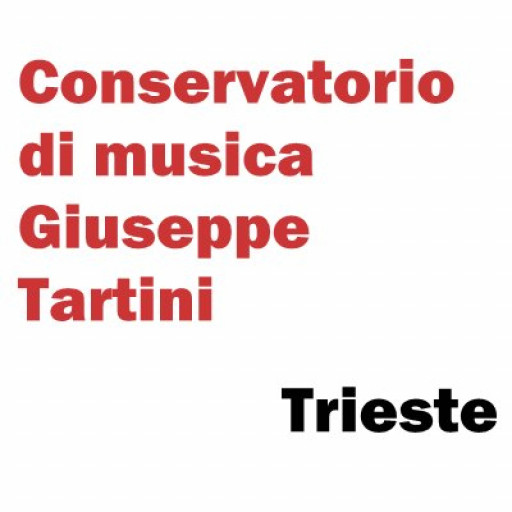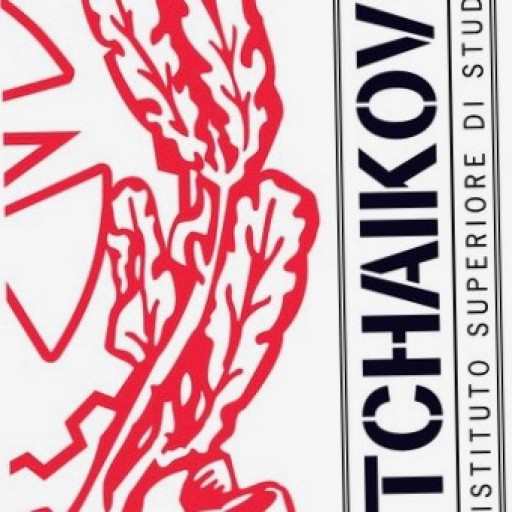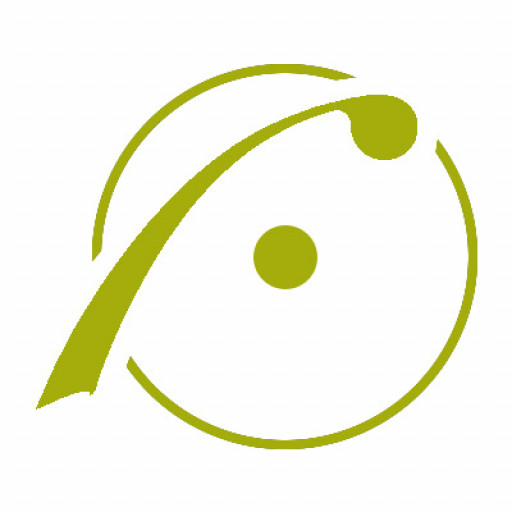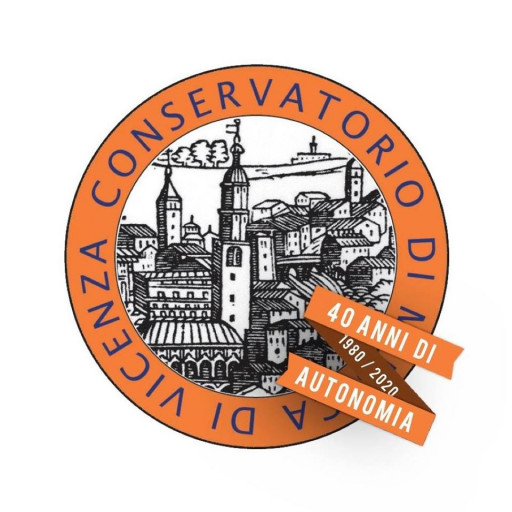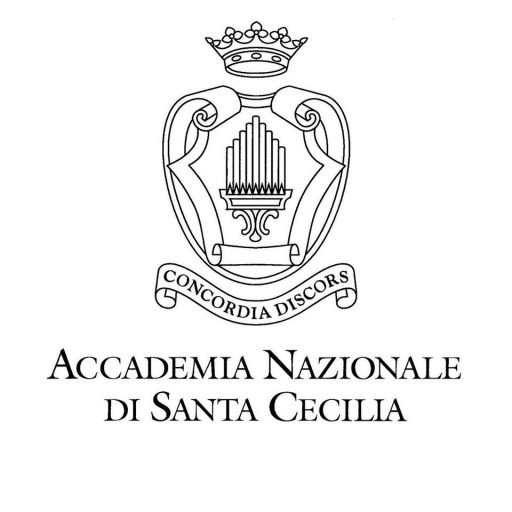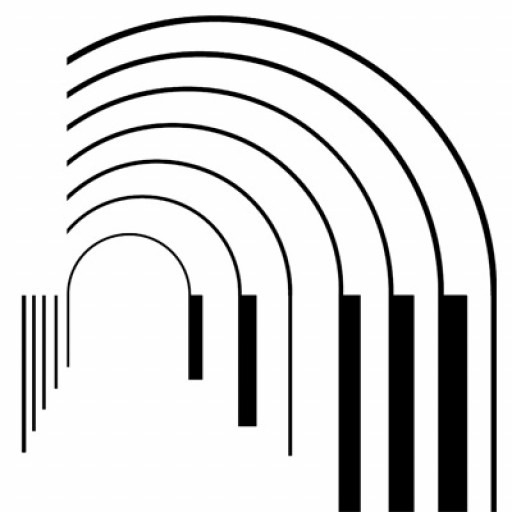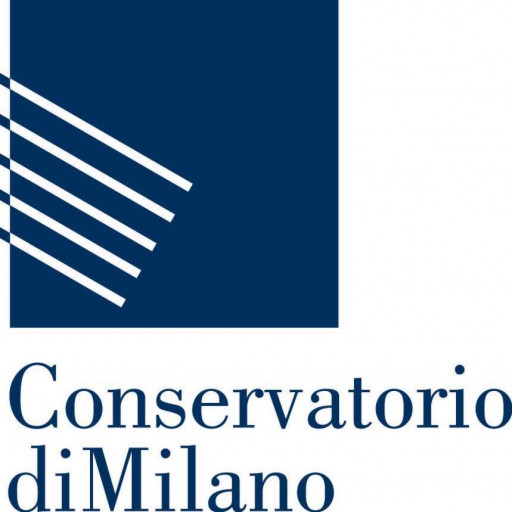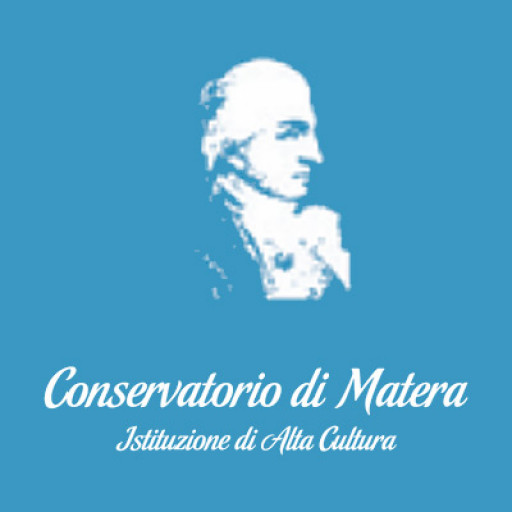Photos of university / #chalmers.university
Sound and Vibration Engineering at Chalmers University of Technology is a comprehensive Master’s program designed to prepare students for advanced careers in the analysis, design, and development of sound and vibration systems. The program combines fundamental principles of acoustics, mechanical vibrations, signal processing, and noise control with practical applications in various industries such as automotive, aerospace, manufacturing, and urban environment planning. Students will acquire a deep understanding of how sound and vibrations affect comfort, safety, and performance in engineered products and environments. Through coursework and research projects, participants learn to use state-of-the-art measurement techniques, simulation tools, and experimental methods to diagnose and solve complex sound and vibration problems. The curriculum emphasizes multidisciplinary approaches, integrating physics, mathematics, and engineering principles to foster innovative solutions. Collaboration with industry partners provides students with real-world experience and networking opportunities, facilitating a smooth transition into professional roles. Graduates of this program will be equipped with the skills to contribute to the development of quieter, more efficient, and environmentally friendly products and systems. The program also offers a solid foundation for doctoral studies, encouraging further research in acoustics and vibration engineering. With access to cutting-edge laboratories and expert faculty, students gain practical skills alongside theoretical knowledge, preparing them for leadership positions in academia and industry. The postgraduate program at Chalmers emphasizes sustainability, safety, and technological advancement, aligning with current global challenges related to noise pollution and energy efficiency. In addition, students develop critical thinking, problem-solving, and communication skills essential for expert consultancy or innovative product development. The multicultural environment and collaborative projects foster an international perspective and teamwork abilities. Graduating from the Sound and Vibration Engineering program opens doors to diverse career paths, including product design, quality assurance, environmental consultancy, and research & development. Whether aiming to improve vehicle noise reduction, develop advanced materials for sound insulation, or design quiet machinery, students are encouraged to pursue their passions in this dynamic and essential field. Overall, the program provides a rigorous and enriching educational experience that prepares students to tackle contemporary challenges related to sound and vibration in a variety of professional settings.
The Master’s Programme in Sound and Vibration at Chalmers University of Technology offers a comprehensive education in the analysis, design, and control of sound and vibration phenomena. This program prepares students to address complex challenges in industries such as automotive, aerospace, civil engineering, consumer electronics, and manufacturing by developing a deep understanding of acoustic and vibrational processes. Throughout the program, students gain knowledge in areas such as acoustics, noise control, vibration analysis, structural dynamics, and signal processing, enabling them to design innovative solutions that improve product performance, comfort, and environmental impact. The curriculum combines theoretical studies with practical laboratory work, computer simulation, and projects involving real-world applications. Students learn to apply advanced mathematical and computational tools to simulate and analyze sound and vibration problems, equipping them with skills highly valued in professional settings. The programme emphasizes both fundamental principles and cutting-edge research, ensuring graduates are prepared to contribute to technological advancements and to participate actively in industry development. Collaboration with industry during projects and internships allows students to gain hands-on experience and build professional networks early in their careers. The programme is delivered in English and is designed for students with backgrounds in engineering, physics, or related disciplines who are interested in specializing in sound and vibration technology. Graduates from this programme are equipped to work as acousticians, vibration engineers, or researchers in various fields, advancing sustainable and innovative solutions to acoustic and vibrational challenges. Career support and strong industry links enhance the employability of graduates, providing opportunities for international mobility and continued professional development.
Program requirements for the Sound and Vibration master's programme at Chalmers University of Technology are designed to ensure that students possess a solid foundation in engineering principles, acoustics, and vibration analysis. Applicants are expected to have completed a bachelor's degree in engineering, physics, or a related field with a strong emphasis on mathematics, mechanics, physics, and acoustics. Proficiency in mathematics equivalent to courses in calculus, differential equations, and numerical methods is necessary to handle the programme's technical content. Additionally, applicants should demonstrate a good understanding of physics concepts relevant to sound and vibration phenomena. Prior experience or coursework in acoustics, mechanical vibrations, signal processing, or related disciplines is advantageous. For non-native English speakers, proof of English proficiency through tests such as TOEFL or IELTS is required, with minimum scores specified by the university. The programme seeks candidates with analytical skills, problem-solving abilities, and an interest in acoustic design, noise control, and vibration engineering. While there are no specific mandatory work experience requirements, relevant internships or project work in related industries can strengthen an application. The admission process also considers the motivation letter and letters of recommendation, emphasizing the applicants' interest in and suitability for advanced studies in sound and vibration engineering. The programme prepares students for careers in industry, research, and academia by providing both theoretical knowledge and practical skills through coursework, laboratory exercises, and project work. Overall, the entry requirements aim to select candidates capable of succeeding in a challenging technical environment and contributing to innovations in sound and vibration technologies.
The Sound and Vibration Master’s program at Chalmers University of Technology offers several financing options to support students during their studies. International students are encouraged to explore various scholarships and financial aid programs available through the university and external organizations. Chalmers provides scholarships based on academic excellence and financial need, which can cover partial or full tuition fees. These scholarships are highly competitive and require an application process, usually open prior to the start of the academic year. In addition to university grants, students may seek external funding through governmental student loan schemes, private foundations, and industry-sponsored scholarships. Some students may also be eligible for Erasmus+ grants if they participate in student exchange agreements within Europe, which can help offset tuition and living expenses. It is important for prospective students to carefully review the specific criteria and application deadlines for each scholarship and financial aid program. Additionally, students often finance their studies through part-time employment, though the availability of work opportunities may be limited by visa regulations for international students. The university’s Career Services offer guidance and resources to help students find suitable employment during their studies. Costs of living in Gothenburg, Sweden, are an important consideration; students should budget for accommodation, transportation, food, insurance, and other living expenses. The university provides financial planning resources and advice to help students manage these costs effectively. International students are also encouraged to explore possible grants and funding from their home country’s government or educational agencies. Overall, while there are various options to assist with the financial aspects of the Sound and Vibration program, prospective students should plan ahead and seek comprehensive advice to ensure they can meet their financial needs throughout their studies.
The Master’s program in Sound and Vibration at Chalmers University of Technology offers students an in-depth education in the analysis, design, and optimization of sound and vibration phenomena. The program is designed to equip students with both theoretical knowledge and practical skills, enabling them to address complex challenges in acoustics, vibration control, and noise reduction across various industries, including automotive, aerospace, consumer electronics, and environmental noise management. The curriculum covers fundamental principles of acoustics, material behavior, signal processing, and numerical methods, combined with specialized courses in sound perception, micro- and nano-mechanics, active noise control, and vibroacoustics. Students have opportunities for hands-on experience through laboratory work, simulations, and projects, often in collaboration with industry partners, providing a bridge between academic learning and real-world applications. The program emphasizes interdisciplinary understanding, critical thinking, and innovation, preparing graduates to work as engineers in research and development, consulting, or product development teams. The faculty comprises experienced researchers and industry professionals committed to advancing knowledge in the field of sound and vibration. Graduates will be well-equipped to contribute to advancements in noise control technologies, improve product quality through vibration damping, or develop new solutions for acoustic comfort and safety. The program typically involves coursework in both the first and second years, culminating in a master’s thesis that offers students the chance to conduct independent research on a current topic within sound and vibration. Upon completion, students are awarded a Master of Science degree (MSc) from Chalmers University of Technology, which is highly regarded in the fields of engineering and applied sciences. International students are welcomed, and the program is conducted in English. Career prospects are broad, with opportunities in industries such as automotive manufacturing, aeronautics, electronics, consulting firms, and public agencies focused on environmental noise management. Graduates are often sought after for their technical expertise, problem-solving abilities, and innovative mindset.


